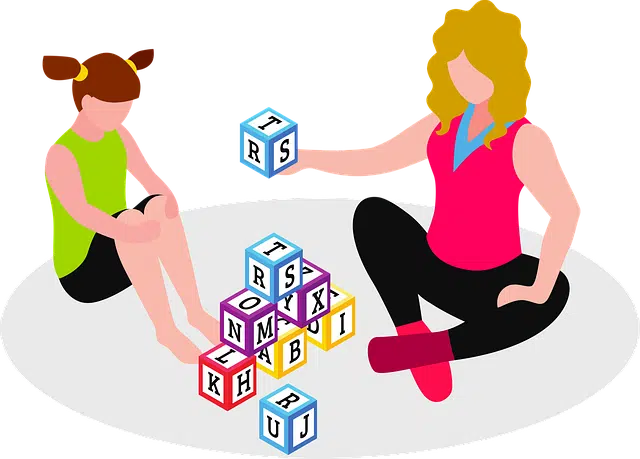
Social perception is linked to how the environment and different circumstances influence the generation of impressions.
Social perception is the study of social influences on perception. It must be taken into account that the same qualities can produce different impressions, since they interact with each other in a dynamic way.
To better understand this concept, it would be good to first understand perception itself. This refers to the elaboration and interpretation of the stimuli captured for each of the sense organs of a living being. It is a cognitive process that each individual carries out differently, for which a series of preconceptions are used that serve to more quickly discriminate what our body is exposed to, in such a way, for example, that when touching with our hand something that is very hot, we quickly remove our hand because we understand that it hurts us.
Impressions have a certain structure , where there are central qualities and peripheral qualities. Each part forms a whole; The omission or addition of a quality alters the overall perception.
Features of social perception
In the case of the perception of people , various factors appear that influence perception: expectations about the subject with whom one is going to interact, motivations (which make the man who perceives see in the other individual what he wants, see), goals (influence information processing), familiarity and experience .
There are different effects that alter social perception. Depending on the value of the stimulus, perceptual accentuation may occur (when the value of a stimulus is large, it is perceived as greater than it is) or the halo effect (if a person is seen positively in some of his or her traits, will tend to be seen positively in other traits).
Different effects
Depending on the emotional meaning of the stimulus, perceptual defense (in the face of threatening stimuli) or perceptual insight (in the face of stimuli that may satisfy a need or provide some benefit) may be provoked.
Stereotype (the assignment of attributes based on group identity), prejudice (the individual way of establishing judgments about people or things that are far from common social perception) and projection (the effect of one's own emotions when evaluating people or situations ) are also perception-altering effects.

Asperger syndrome is a disorder that alters social perception.
Asperger syndrome and social perception
There are certain diseases or disorders that considerably affect the way in which an individual perceives their environment; Among them is Asperger's syndrome .
This problem causes severe difficulties in the social interaction of the individual who suffers from it, due to the limited capacity to correspond to the emotions that the environment shows him and the use of a language that differs greatly from that of his peers, as well as the presence of certain obsessive and repetitive behaviors .
As revealed by various international studies, these individuals reflect a disability in social cognition and emotional empathy ; This manifests itself in an inability to give meaning to their own emotions and those of their environment; In this way they must re-learn to capture the signs emitted through the various states of mind, in order to relate in the least abrupt and inefficient way possible.
In both people who suffer from Asperger syndrome and high-functioning autism , the difficulties in relating to the environment seem similar; There is a clear alteration in the development of mental skills and a difficulty in understanding and regulating one's own emotions and analyzing those that correspond to one's environment; which significantly influences their relationships . These individuals tend to lead more solitary lives and do not seem concerned about feeling isolated from other people.
